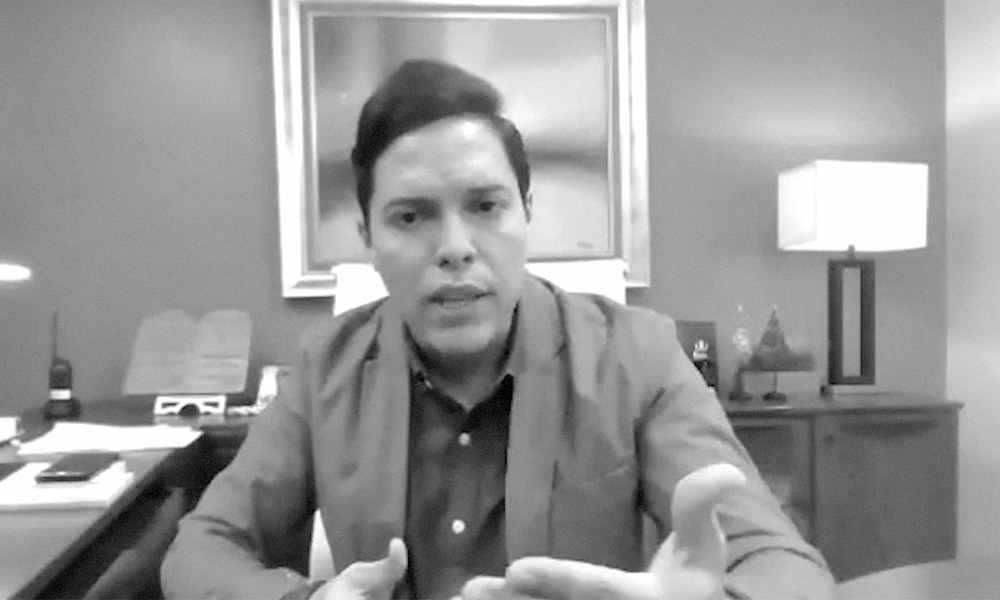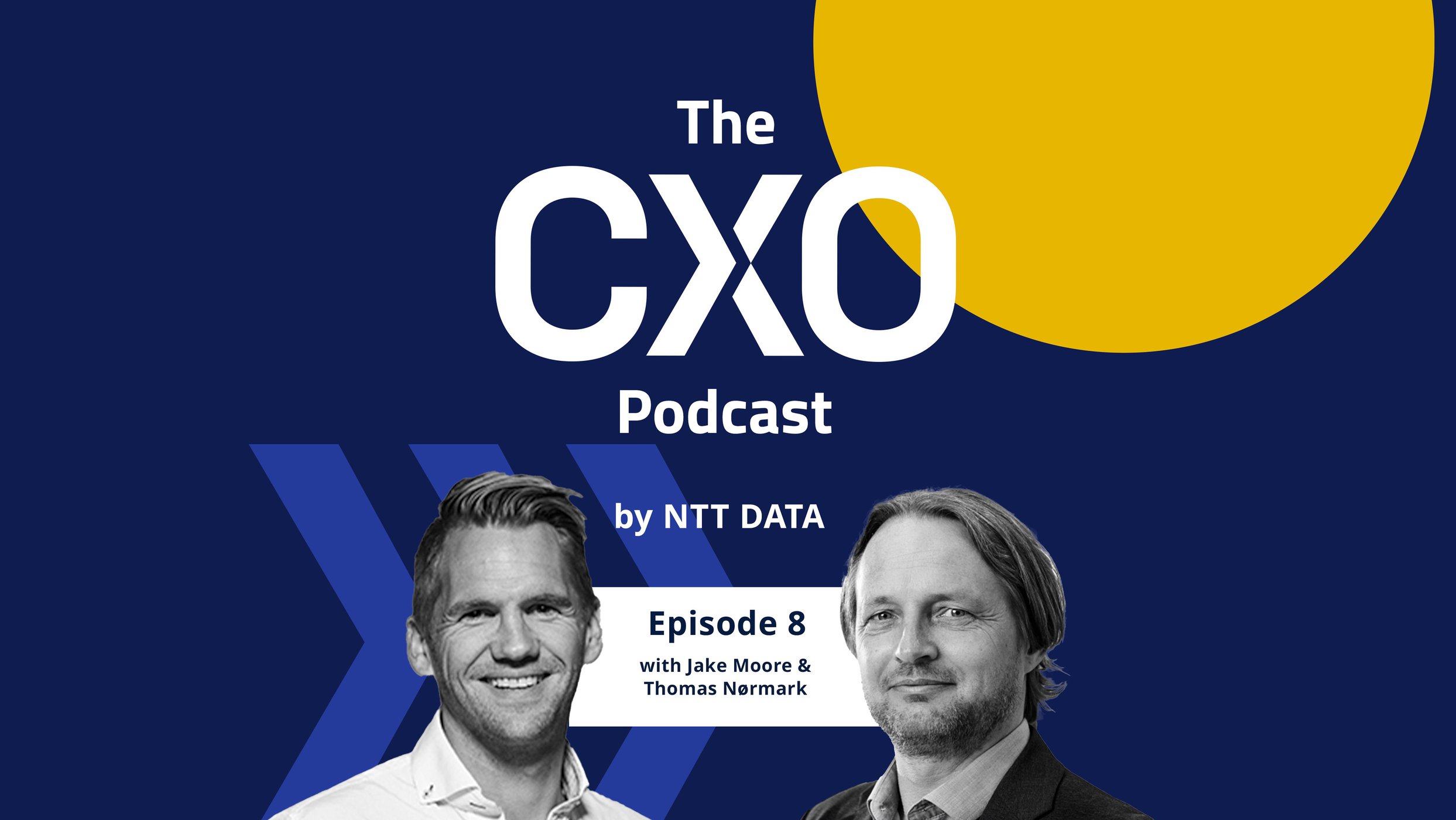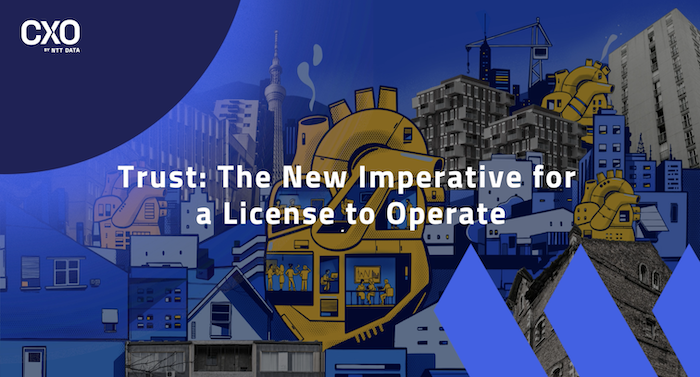
Unsplash/ Julian Hochgesang
Companies across the world have been establishing their prominent and solid presence since the first Industrial Revolution. Size was not only a symbol of business success, access to capital and market share, but also one of trust. Trust used to flow upwards, to CEOs, institutions, brands and governments. Unfortunately, this type of trust is widely viewed as steadily declining on account of violation of the social contract – corporate wrongdoings, government corruption and misinformation.
Previous experiences have shown time and again how fragile organizational trust can be and how serious it is when it vanishes. As a result, trust flows sideways – to colleagues, peers, influencers, bloggers, strangers and smaller shops instead.
When trust erodes, it’s extremely difficult to repair. It creates disappointment and disengagement among stakeholders: customers, employees, suppliers and communities.
However, stakeholders have reported higher levels of trust in businesses since the pandemic, which is attributable to the positive actions that many companies made during the outbreak.They have experienced that ‘the business of business’ can be good, but a little good behavior from the past doesn’t guarantee the protection of progress in the future.
The challenge is to curate trust as well as the balance sheet, and the opportunity is to fill the voids in trust that governments and institutions create.
This poses both a challenge and an opportunity for business leaders. The challenge is to curate trust as well as the balance sheet, and the opportunity is to fill the voids in trust that governments and institutions create.
There is a common misconception in the business community that a brand can build trust. Believing that trust can be built implies that brands are in control. But brands earn trust by demonstrating consistent trustworthiness. So businesses should work towards continuously earning trust as the essential ingredient for strengthening relationships with stakeholders.
And why is there so much fuss about earning trust? Because stakeholders will be more loyal, more engaged, and be true advocates of the brand.
The main problem, however, is the disconnection between how business leaders and stakeholders believe trust is earned. Business leaders think emphasizing their product or service earns trust. Stakeholders think emphasizing integrity earns trust. Neither of these factors on its own is enough: brands need both. Here are three ways in which brands can earn trust through integrity.
1: Leading with integrity
Trust is rooted in a company’s integrity; in other words, how a company’s values come to life through its actions. But brands don’t have values as such; their people do. Much of how companies earn trust is tied to how their leaders behave. Our actions as business leaders are central to our integrity, but stakeholders are the ones who assess this integrity on a daily basis and rely on those actions.
There is one thing that can help in achieving this: alignment. Employees can feel that alignment, live the values and become brand ambassadors by continuously checking:
- Are our promises aligned with our commitments?
- Are our values aligned with our actions?
- Are our values aligned in the face of adversity?
People in high-trust companies reported 106% more energy levels at work, 74% lower stress and 76% greater engagement. This will organically radiate trustworthiness to customers.
Alignment also means that we actually ‘walk the talk’, rather than just putting a brand promise out there and expecting others to take action. People in high-trust companies reported 106% more energy levels at work, 74% lower stress and 76% greater engagement. This will organically radiate trustworthiness to customers.
2: Integrity beyond profits
As faith in institutions continues to spiral, stakeholder expectations are on the rise.Trust can be earned when we align our integrity to our purpose and then deliver on it, over and over. According to the 2022 Edelman Trust Barometer, respondents want more business engagement in society, not less. It’s believed that businesses are not doing enough on climate change (52%), economic inequality (49%) and trustworthy information (42%). As we are driving into the Fourth Industrial Revolution, stakeholders expect business leaders to play a bigger role in society than just running companies.
New generations of consumers and employees increasing their buying and staying power expect companies to have a purpose beyond profit. In order to earn long-term trust, business leaders must focus on long-term thinking that goes beyond maximizing shareholder value. As I set out in my recently released book, Journey to Centricity: A Customer-Centric Framework for the Era of Stakeholder Capitalism, “As ethical business conduct gains prominence as a means to evaluate the authentic trustworthiness of a brand, profit alone is no longer the sole measure of a company’s success.”
3: Integrity beyond products
It’s believed that consumers only look at rational factors like product price and quality. Yet, we human beings base our decisions to trust brands on emotions and feelings too. This doesn’t mean that the public doesn’t care about the company’s offering. Trust is not earned from the product alone but from the culture in which the company delivers that product.
We human beings base our decisions to trust brands on emotions and feelings. Stakeholders don’t just care about what companies are selling, they care about why and how they are selling it.
Trust tends to break down in situations where there is misalignment. Misalignment happens when the gap between promise and actions widens. For example, if a company promises to “improve the individuals’ quality of life through natural products”, but the people picking the raw ingredients work in poor conditions, that’s going to create a huge trust gap.
As business leaders, we should be continuously asking: does my product deserve my customers’ trust? Stakeholders don’t just care about what companies are selling, they care about why and how they are selling it. In fact, 81% of consumers said that they have to trust a business before they buy from it.
It’s worth remembering that every business is unique and there is no one-size-fits-all approach to earning trust. However, there is one common principle: the commitment to earn, re-earn, and maintain stakeholder and society trust for the long term. Some businesses may be able to succeed in the short term without strong trust foundations. But a business without trust will eventually lose its social license to operate.










































